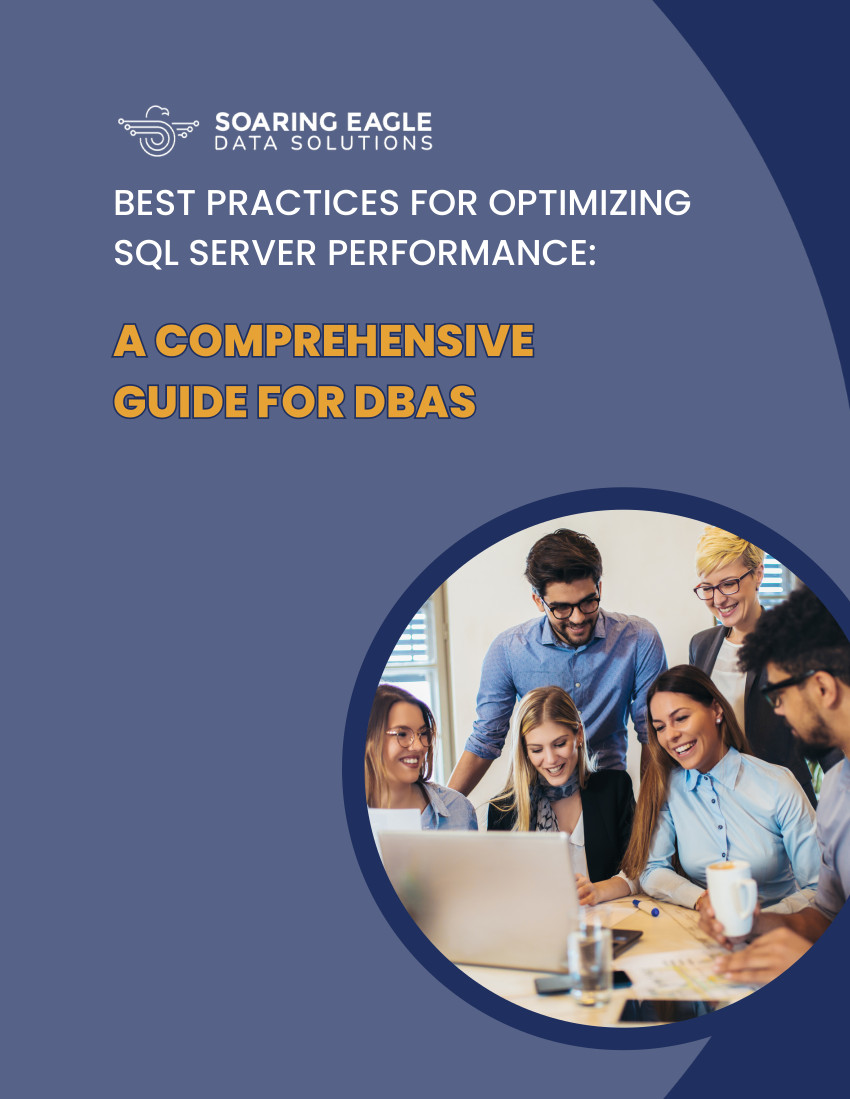In the rapidly evolving healthcare landscape, Hospital CIOs are facing a multitude of challenges as they strive to keep their organizations on the cutting edge of technology and patient care.
 Let’s review eight of the most significant challenges these healthcare technology leaders will encounter in 2024, offering insights and real-world examples to shed light on each issue.
Let’s review eight of the most significant challenges these healthcare technology leaders will encounter in 2024, offering insights and real-world examples to shed light on each issue.
Hospital CIOs are no strangers to navigating the complex intersection of healthcare and technology. As we step into 2024, the challenges they face are more dynamic and critical than ever before.
1.Cybersecurity in Healthcare: Protecting Patient Data in an Age of Threats
Hospital CIOs face a constant battle to safeguard patient data from cyber threats. Ransomware attacks and data breaches have become rampant in the healthcare sector. CIOs must invest in robust cybersecurity measures and staff training to protect sensitive patient information and maintain trust.
Real-world example: https://www.nytimes.com/2023/08/05/us/cyberattack-hospitals-california.html
2.Interoperability and Data Exchange: Bridging Gaps in Healthcare Systems
Interoperability challenges persist as different healthcare systems struggle to share patient data seamlessly. Hospital CIOs need to work on creating unified data exchange solutions to improve care coordination and reduce medical errors.
Real-world example: https://pubmed.ncbi.nlm.nih.gov/29319148/
3.Telemedicine Integration: Meeting the Rising Demand for Remote Care
Telemedicine has seen exponential growth, and Hospital CIOs must ensure their organizations can effectively incorporate and expand telehealth services. This means investing in the right technology, ensuring reliable connectivity, and maintaining a positive patient experience.
As self serving as it may sound, there are tools available to help manage 3rd party applications, and a CIO managing many healthcare applications should look into them
4.Digital Transformation and EHR Implementation: Maximizing Efficiency and Care Quality
Hospital CIOs must lead the digital transformation by implementing Electronic Health Records (EHR) systems that maximize efficiency and improve patient care
Real-world example: Solarwinds Sql Sentry case study
5.Regulatory Compliance: Navigating the Ever-Changing Healthcare Regulations
Keeping up with evolving healthcare regulations is a continuous challenge for CIOs. They must ensure their organizations adhere to legal requirements while also adapting to new compliance standards. Regular 3rd party audits, in addition to the regulatory required audits, are often the best way to keep up.
Real-world example: https://www.sedatasolutions.io/cyber-security/
6.Healthcare AI and Machine Learning: Leveraging Technology for Better Patient Outcomes
Hospital CIOs must explore and integrate AI and machine learning solutions to enhance diagnostics, treatment, and operational efficiency. The future is now. Or so AI experts will tell you. Stay up to date on the latest in AI advancements and how they affect your company. Be wary of ‘miracle’ products, they are usually too good to be true.
Real-world example: https://www.ncbi.nlm.nih.gov/pmc/articles/PMC6616181/
7.Budget Constraints: Maximizing IT Investments for Patient-Centered Care
Hospital CIOs need to make strategic decisions about IT budget allocation to ensure that investments are directed towards initiatives that improve patient care. They must balance innovation with financial constraints.
8.Data Sprawl: Minimizing Tech Bloat while maintaining performance and SLAs
Hospital tech stacks are sprawling and complex. It is quite common for an IT manager to not know exactly where all the bodies are buried and to have new servers stood up without cataloguing or maintaining them. Optimizing the technology, including right sizing the database environment, is an essential function for a successful CIO. Note- Often a good right sizing project will free up budget for the next project!
Real-world example: Healthcare Savings
Hospital CIOs in 2024 are at the forefront of transforming healthcare through technology. By addressing these challenges head-on and learning from real-world examples, they can lead their organizations into a future where patient care is more efficient, secure, and accessible. As the digital healthcare landscape continues to evolve, CIOs must remain passionate and authoritative in their roles to ensure the best outcomes for their organizations and, most importantly, the patients they serve.


